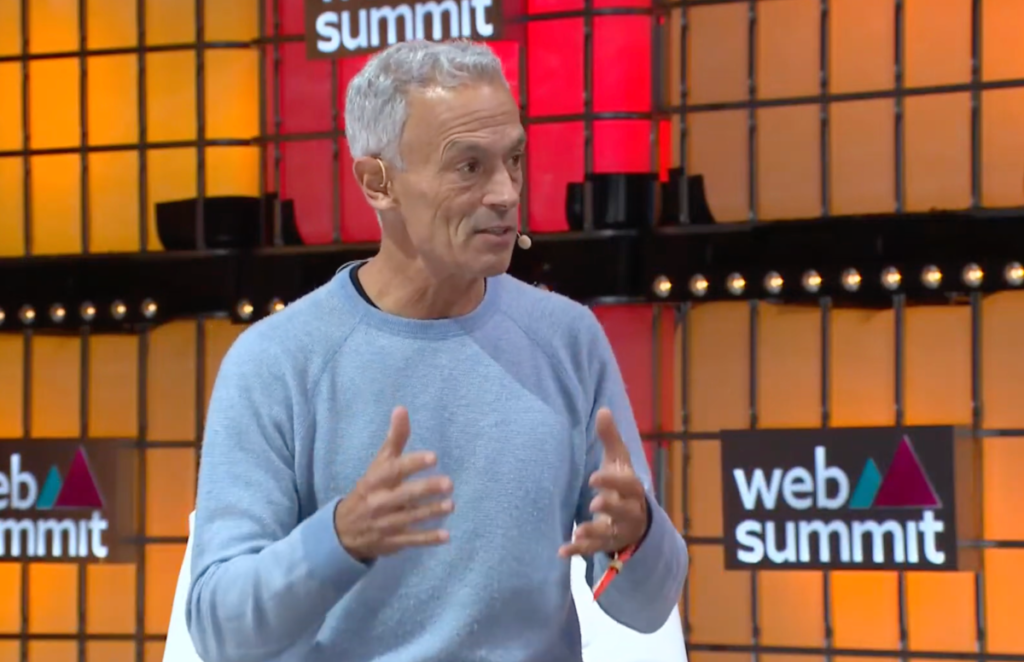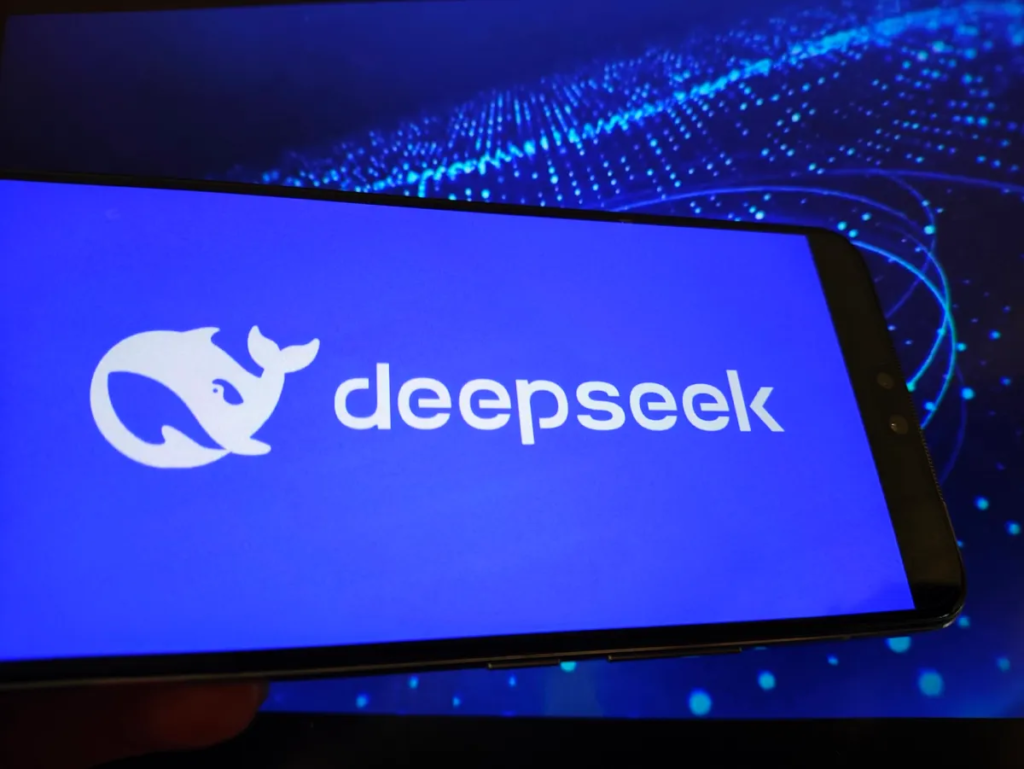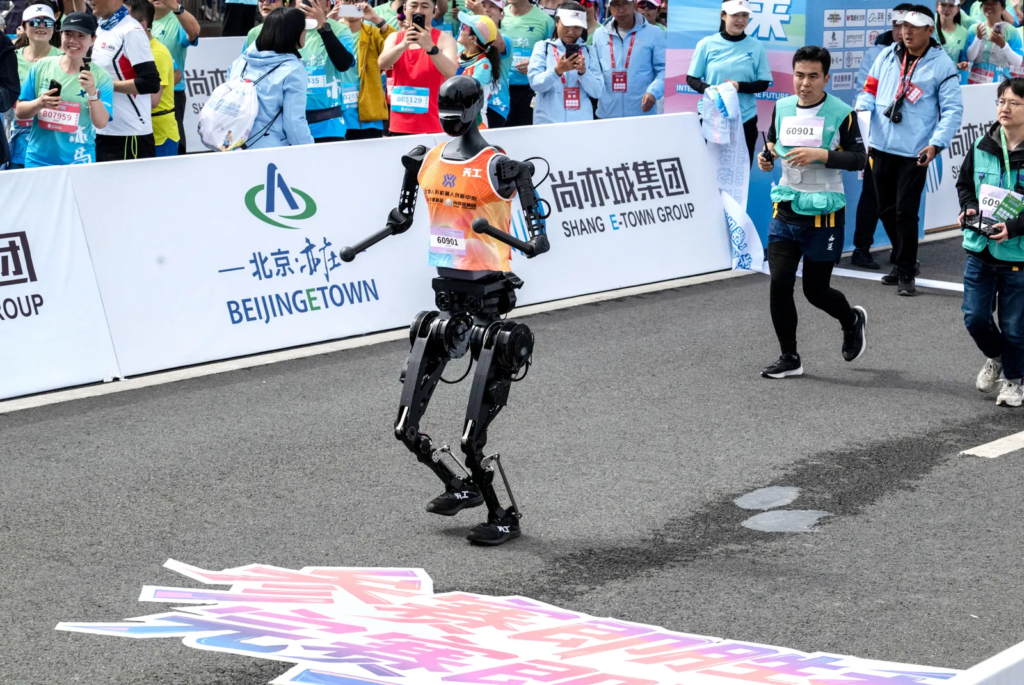Geoff Ralston Launches New AI Safety Fund
Geoff Ralston, the former president of Y Combinator, has launched a new venture fund called the Safe Artificial Intelligence Fund (SAIF). The fund is dedicated to investing in early-stage startups that prioritize AI safety, security, and responsible development. With an initial focus on technologies that enhance AI interpretability, compliance, and protection against AI-driven threats, SAIF plans to deploy investments of $100,000 per startup, utilizing Simple Agreements for Future Equity (SAFEs) with a $10 million cap. The fund aims to support innovations that help mitigate risks in AI applications while ensuring human oversight.

In addition to financial backing, Ralston intends to provide valuable mentorship to portfolio companies, offering guidance on YC applications and connecting them with his extensive network of investors. Notably, he has made it clear that the fund will not support fully autonomous weapons, highlighting his commitment to ethical AI development. While the size and number of startups supported by SAIF are yet to be disclosed, Ralston’s involvement aims to push forward a safer and more responsible AI ecosystem, combining financial investment with strategic support.
Chatbot Arena Spins Off into Arena Intelligence Inc.
Chatbot Arena, a crowdsourced AI benchmarking platform, has officially become a standalone company called Arena Intelligence Inc. Originally founded in 2023 by UC Berkeley-affiliated researchers, the platform gained attention for its unique approach in allowing users to compare AI models such as OpenAI’s GPT-4 and Anthropic’s Claude 3.5 Sonnet. This transition into a separate entity aims to provide the necessary resources to further develop the platform while staying committed to unbiased and transparent AI testing.

Arena Intelligence, which had previously been supported by grants and donations from organizations like Google’s Kaggle and Andreessen Horowitz, has not yet disclosed new investors or a business model. The company plans to maintain its collaborations with major AI labs and universities to offer a transparent, community-driven evaluation of AI models, ensuring that its rankings reflect real-world user interactions and preferences.
Grok Enhances Personalization with New Memory Feature
xAI has introduced a memory feature to its Grok chatbot, allowing it to remember details from previous conversations and provide more personalized interactions. This new functionality enables Grok to recall user preferences, such as interests, preferences, or past inquiries, to offer better-tailored responses and recommendations. Users can benefit from more context-aware and intuitive interactions, making the chatbot experience smoother and more relevant over time.

The memory feature is currently in beta and can be managed by users. They have the option to view, delete, or disable the memories at any time through a settings page. Additionally, when Grok references past conversations, users are notified, providing transparency and control over the data used by the chatbot. This update positions Grok alongside other AI models with similar memory capabilities, enhancing the overall user experience and making Grok a more engaging and personalized assistant.
Trump Administration Considers Restrictions on DeepSeek Amid National Security Concerns
The Trump administration is reportedly contemplating measures to limit U.S. access to DeepSeek, a Chinese AI company that has recently gained attention for its advanced AI models. The potential restrictions aim to prevent DeepSeek from acquiring American technology, particularly Nvidia’s AI chips, which are crucial for training large-scale AI models. This move is part of broader efforts to curb China’s access to advanced semiconductors, which are perceived as vital for both commercial and military applications. The U.S. government has expressed concerns that DeepSeek’s AI models could be used to further China’s technological and geopolitical ambitions.

In addition to export controls, U.S. lawmakers are investigating how DeepSeek obtained approximately 60,000 advanced Nvidia chips despite existing export restrictions. Allegations suggest that DeepSeek may have illicitly accessed U.S. AI models for training purposes and suppressed content related to sensitive topics such as democracy and human rights. The controversy surrounding DeepSeek has led to increased scrutiny of its operations and raised questions about the effectiveness of current export controls. The situation underscores the growing tensions between the U.S. and China in the realm of artificial intelligence and technology.
Humanoid Robots Tackle Beijing’s Half Marathon: A Technological Milestone
On April 19, 2025, Beijing hosted its inaugural humanoid robot half marathon, featuring 21 bipedal robots competing alongside over 12,000 human runners. The event marked a significant step in integrating robotics with athletic pursuits, showcasing advancements in AI and robotics. The robots, developed by various Chinese companies, were equipped with human-like features and operated on separate tracks from the human participants. Notably, the Tiangong Ultra robot completed the 21.1-kilometer course in 2 hours and 40 minutes, aided by battery swaps and operator assistance .

Despite the technological feats, the majority of robots faced challenges such as overheating, falls, and mechanical failures, requiring human intervention. Only six of the 21 robots managed to finish the race, highlighting the current limitations in humanoid robotics. Experts suggest that while the event demonstrated progress in robotic mobility, it also underscored the need for further development in AI and hardware to achieve practical, autonomous functionality in real-world scenarios
